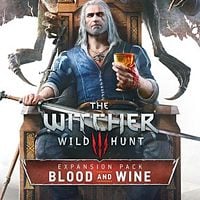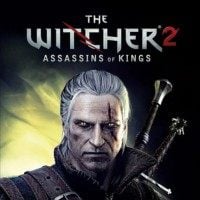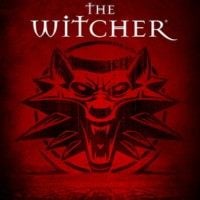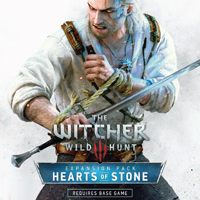Pride (of the writer) and Prejudice (of anti-fans?). Who is Andrzej Sapkowski? The Best Quotes from the Ultimate Game Master

- Who is Andrzej Sapkowski? The Best Quotes from the Ultimate Game Master
- The Witcher – a thorn in the side of the author
- Computer versus meat grinder
- Modesty – a cured disease
- Pride (of the writer) and Prejudice (of anti-fans?)
- Defender of readers, guardian of fantasy lovers
- Darker (more colorful?) shades of Andrzej Sapkowski
Pride (of the writer) and Prejudice (of anti-fans?)
Let's move back to the previous topic. One can argue whether Sapkowski really is economical with modesty (as he says from time to time) or simply full of himself (which he denies, as we have seen so far), or whether we are simply dealing with an artist who is aware of the value of his works and sees no point pretending it’s otherwise, since he has achieved an outstanding success. That’s what he said:
I worked for my brand, and all the recognition resulting from this is rightfully mine. I'm not going to indulge in false modesty: 'Ah, success! Well, I’ve been successful, I don't care, I'm not interested in it at all.' Let's cut the crap, we're adults – do an interview with someone from the mainstream, preferably a poet, and you'll have a chance to listen to such humbugs.
History and Fantasy, 2005
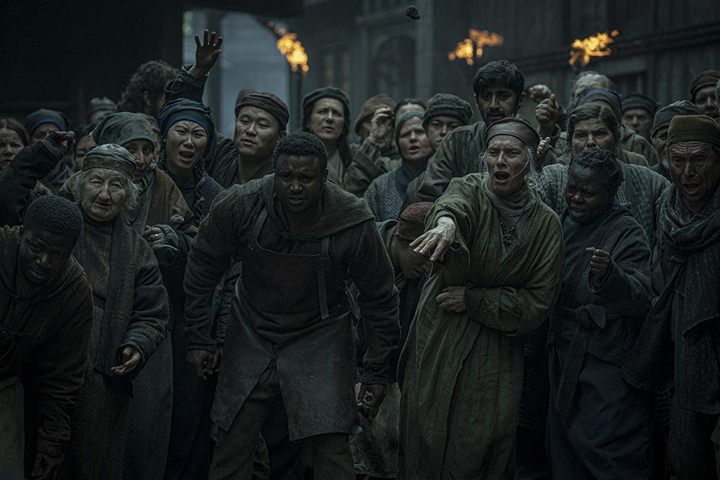
However, there is no shortage of statements, in which Sapkowski proves that he doesn't want to blow his own trumpet as we might have expected. He can look at himself soberly, from a perspective and without self-admiration:
(...) a situation similar to the one in which I have just won a beauty contest among the two participants – me and a dog – a very ugly dog.
Polcon 2012
Although the media tried to imply it, I don't think – even if I rejected the modesty which I'm not full of – that I could be a rival and competitor for Stanislaw Lem. And I doubt he would consider me that. After all, there's no reason for that.
(...) comparing me to my beloved Eco is a way too big a compliment for me, I don't like it and I don't want to receive undeserved compliments.
Often, and rightfully, people hold a grudge against me for abandoning the stories for such a long time and not even writing anything related with the anthology. I often begrudge myself for that. (...) While being aware of the pros and cons of The Witcher series, I will still defend this child of my, because I managed to write this whole saga, and people keep buying it, so it can’t be that bad. But the fact that the writer achieves greater mastery in short stories – I won't deny it.
For as long as I can remember, all my life I've been helping my friends on Polish and history classes, and they've been helping me with mathematics, physics and chemistry. I have no idea what is the trigonometric cosine, even to this day.
2005, History and Fantasy
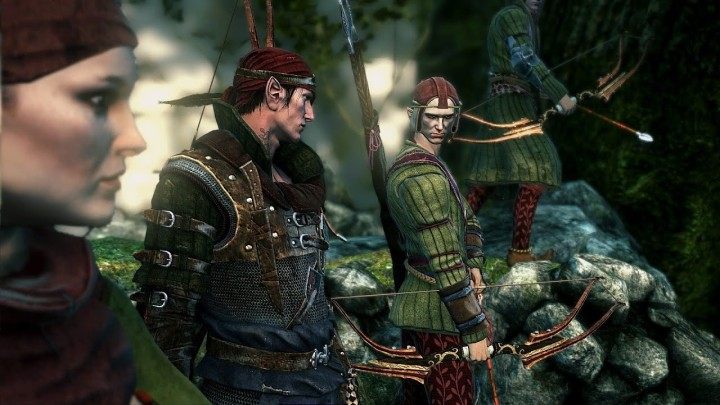
D.B.: (...) How many historical books did you have to read, how deep did you have to reach the sources, how many facts, events, details you had to check to make Narrenturm so vivid, accurate, and, in a way, plausible?
A.S.: Let's not exaggerate. Of course, I had to do a little digging in sources, maybe even a bit more than a little. I based my work mainly on Czech literature. I've been tracking some historical details, and yes, like Pinkerton, because book gets better with such details and curiosities. But this book is a historical fantasy, not a PhD dissertation. Moreover, it is only a period of the Hussite Wars, a tiny part of history, and the action itself is only a part of larger events, the period from summer 1425 to spring 1430. Truly, people who take part in TV game shows must study harder, longer and more thoroughly.
Interview with Gazeta.pl Lodz, 2004
